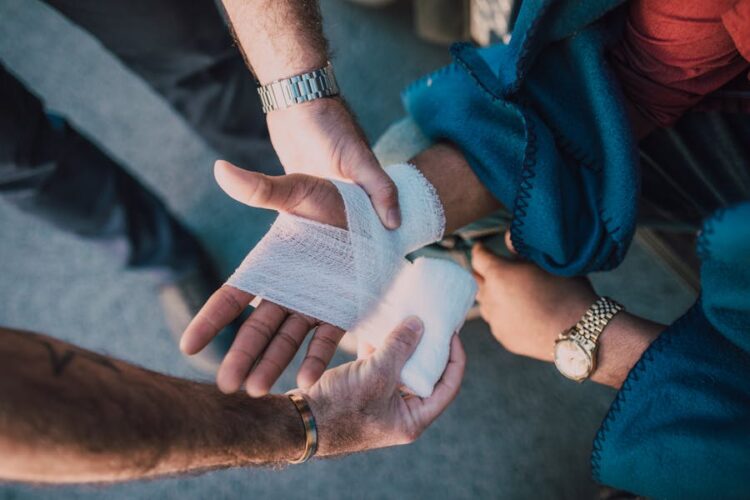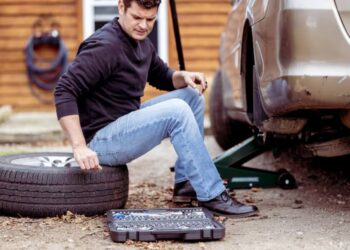For injured workers in Washington state, filing a workers’ compensation claim can feel like a lifeline. Medical bills, lost wages, and uncertainty about the future all come crashing down after a workplace injury. So when your claim is denied, it can feel like the rug has been pulled out from under you.
But a denial isn’t the end of the road. In many cases, you can appeal the decision, correct issues with your claim, or fight back against an unfair ruling. This article explains what to do if your claim is denied, how to navigate the appeals process, and why working with a Seattle workers’ compensation lawyer can make all the difference.
Why Workers’ Compensation Claims Get Denied
The Washington State Department of Labor and Industries (L&I), or a self-insured employer, can deny a claim for many reasons:
- Insufficient medical evidence
- Missed deadlines or incomplete paperwork
- Disputes over whether the injury is work-related
- Delays in reporting the injury to your employer
- Pre-existing conditions
Sometimes, valid claims are denied due to administrative error, poor documentation, or aggressive tactics by employers and insurers trying to limit liability.
Step 1: Understand the Reason for Denial
When your claim is denied, you will receive a written order from L&I explaining the decision. Read it carefully and note:
- The reason(s) for denial
- The deadline to file a protest or appeal (L&I must receive a written protest within 60 calendar days of the date the decision was received (15 days for decisions about vocational benefits) or the decision becomes final.)
- Whether the decision was made by L&I or a self-insured employer
You have a limited time to respond, so act quickly.
Step 2: Gather Documentation
To prepare for an appeal, you’ll need solid evidence to support your claim. This may include:
- Medical records and provider statements
- IME (Independent Medical Exam) results
- Incident reports or witness statements
- Pay stubs and work history
- Vocational assessments
A workers’ compensation lawyer can help you gather and organize the necessary documents, request additional medical opinions, and fill in any gaps that may have caused the denial.
Step 3: File a Protest or Appeal
You can challenge a denied claim in two ways:
- File a written protest: Protests are usually filed within a specified timeframe after receiving notice of the decision you are protesting. Failure to file a timely protest may limit your ability to challenge the decision.
- File an appeal: Appeals involve a more formal legal process and may be heard by an administrative law judge or another designated authority. The appeals process provides a forum for a more thorough review of the case, including presenting evidence, witnesses, and legal arguments.
An experienced Seattle workers compensation lawyer can evaluate which option is best, help draft a persuasive protest, and represent you during the appeal process.
Step 4: Prepare for the Hearing
If your case goes to the Board of Industrial Appeals (BIIA), you may need to attend a hearing before an industrial appeals judge. This is a legal proceeding and can involve testimony, cross-examination, and expert witnesses.
Legal representation is highly recommended. A lawyer can:
- Present compelling evidence
- Cross-examine your employer or IME witnesses
- Argue legal interpretations of your claim
- Ensure procedural rules are followed
Common Mistakes to Avoid After a Denial
- Missing the 60-day protest or appeal deadline
- Failing to get a second medical opinion
- Assuming the denial is final
- Not responding to communication from L&I or your employer
- Trying to handle a complex appeal on your own
These mistakes can cost you the benefits you’re entitled to. The sooner you consult with a legal professional, the better your chances of a successful appeal.
How a Workers’ Compensation Lawyer Can Help
Even straightforward claims can become complicated fast. A workers’ compensation lawyer ensures your rights are protected and that you receive the benefits the law guarantees.
A workers’ compensation lawyer can help injured Washington workers:
- Navigate denied claims
- Collect medical and vocational evidence
- File protests and appeals
- Fight for time-loss, medical, and PPD benefits
- Explore third-party claims and employment law violations
Final Thoughts: Don’t Give Up
A denied workers’ comp claim is frustrating, but it’s not the end of the story. Many denials are successfully overturned through the protest and appeal process. The key is to act fast, understand your rights, and get the support you need.
If your claim was denied, contact Emery Reddy today for a free case review. Our experienced Seattle workers compensation lawyers are ready to help you fight back and get the benefits you deserve.










